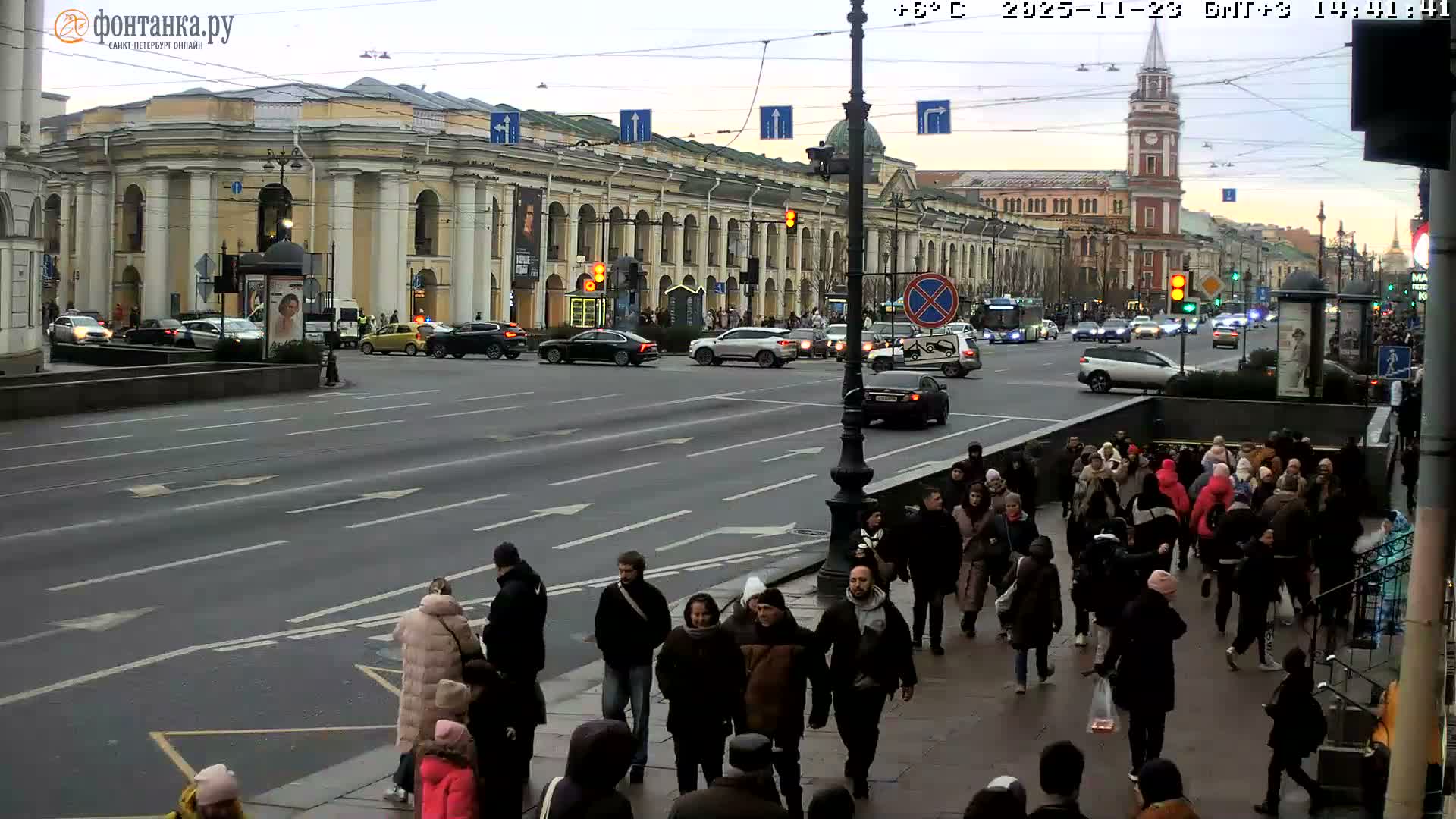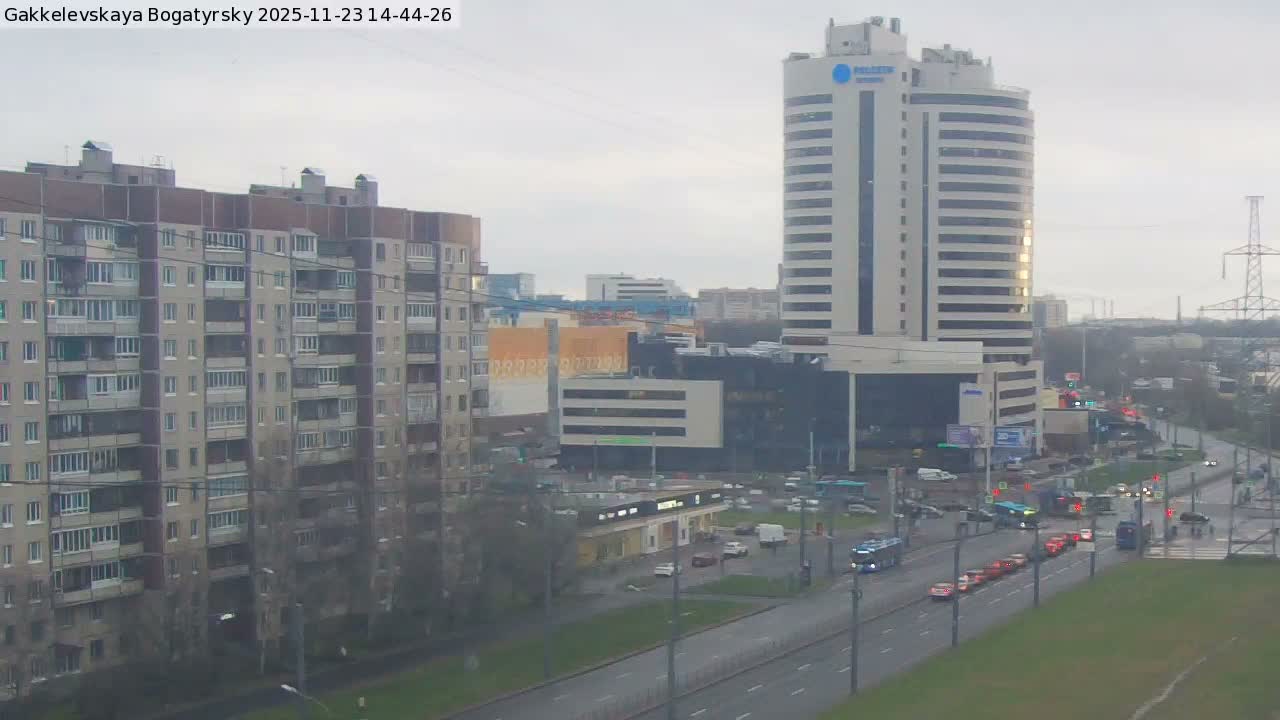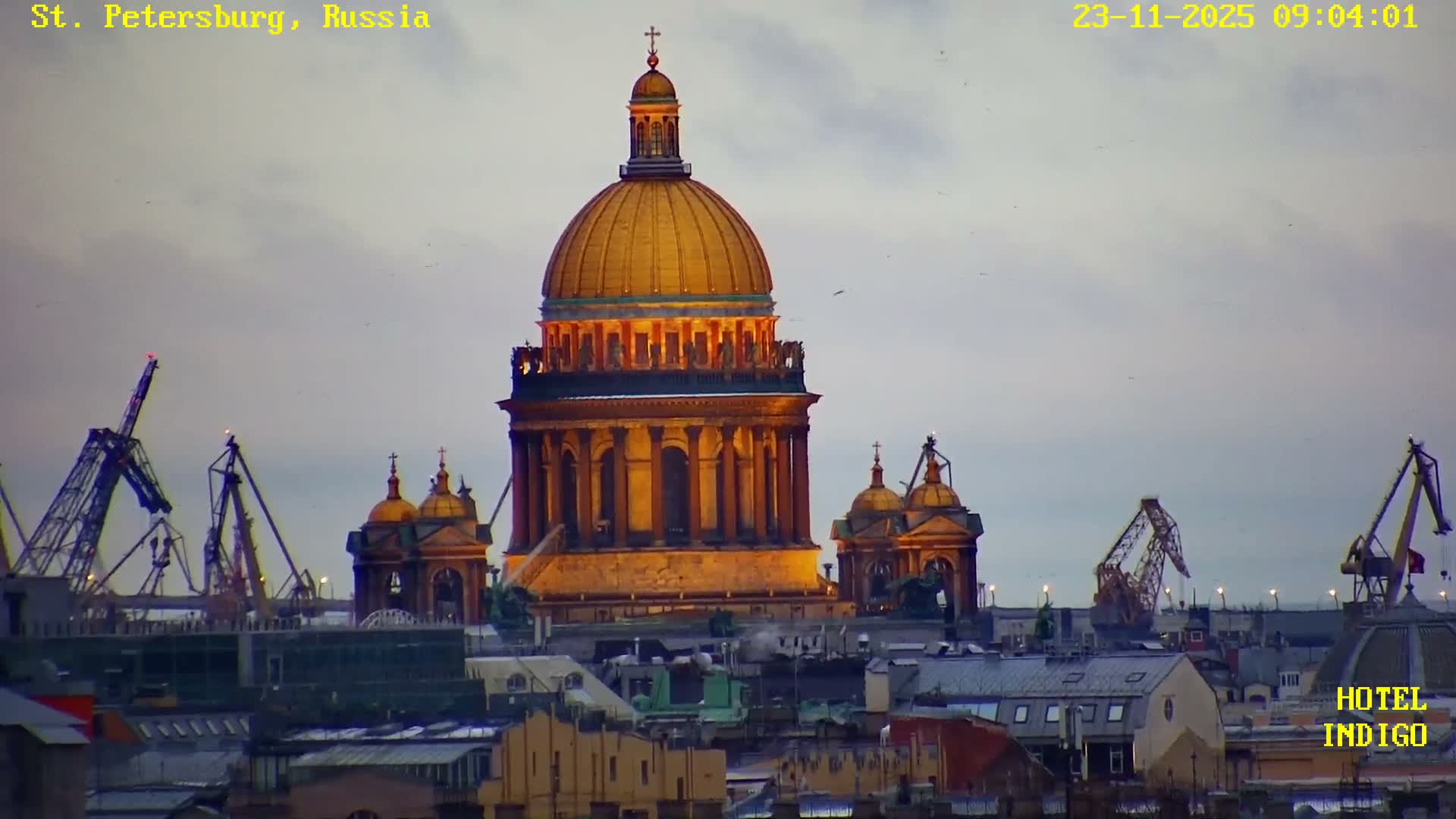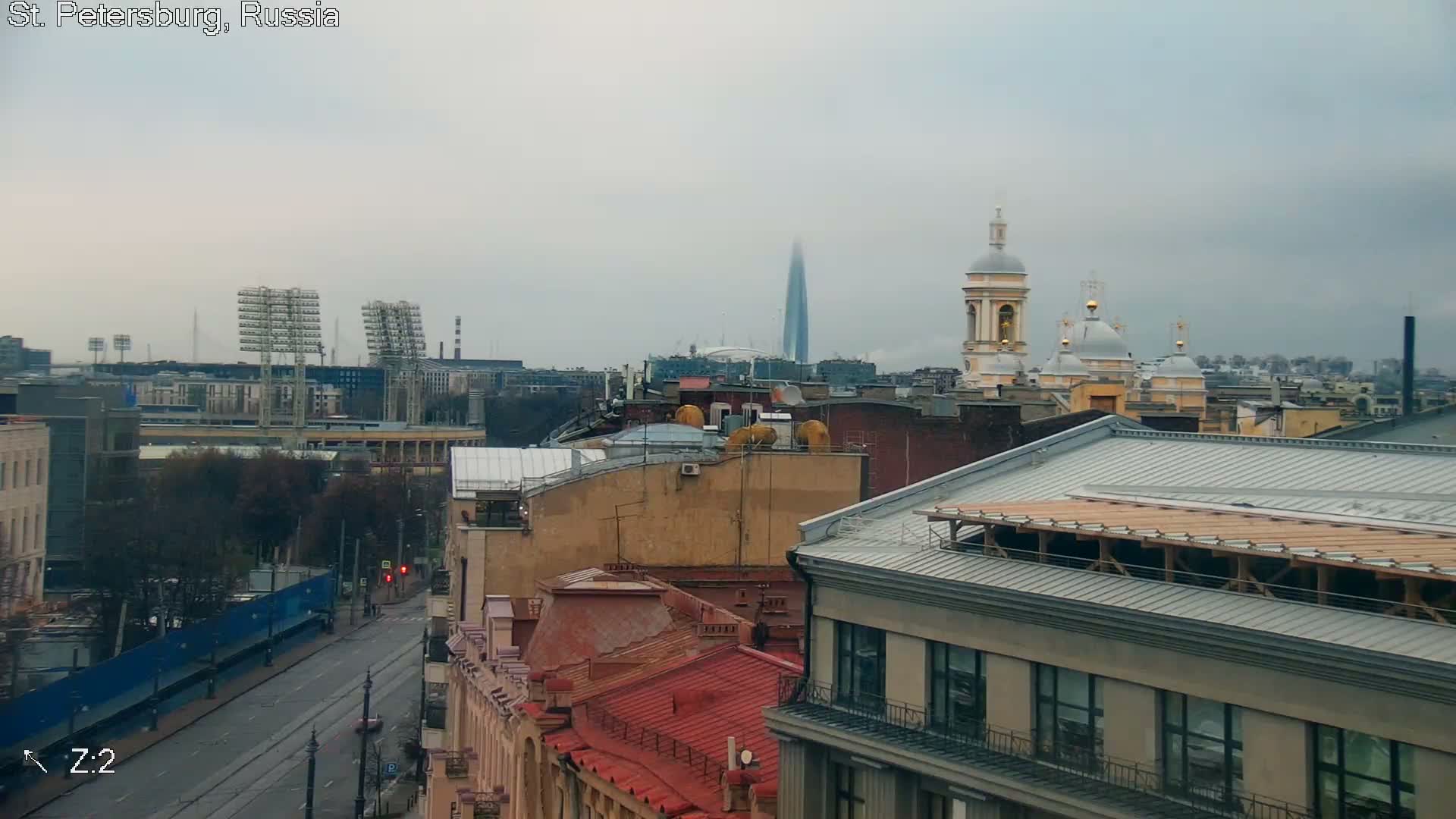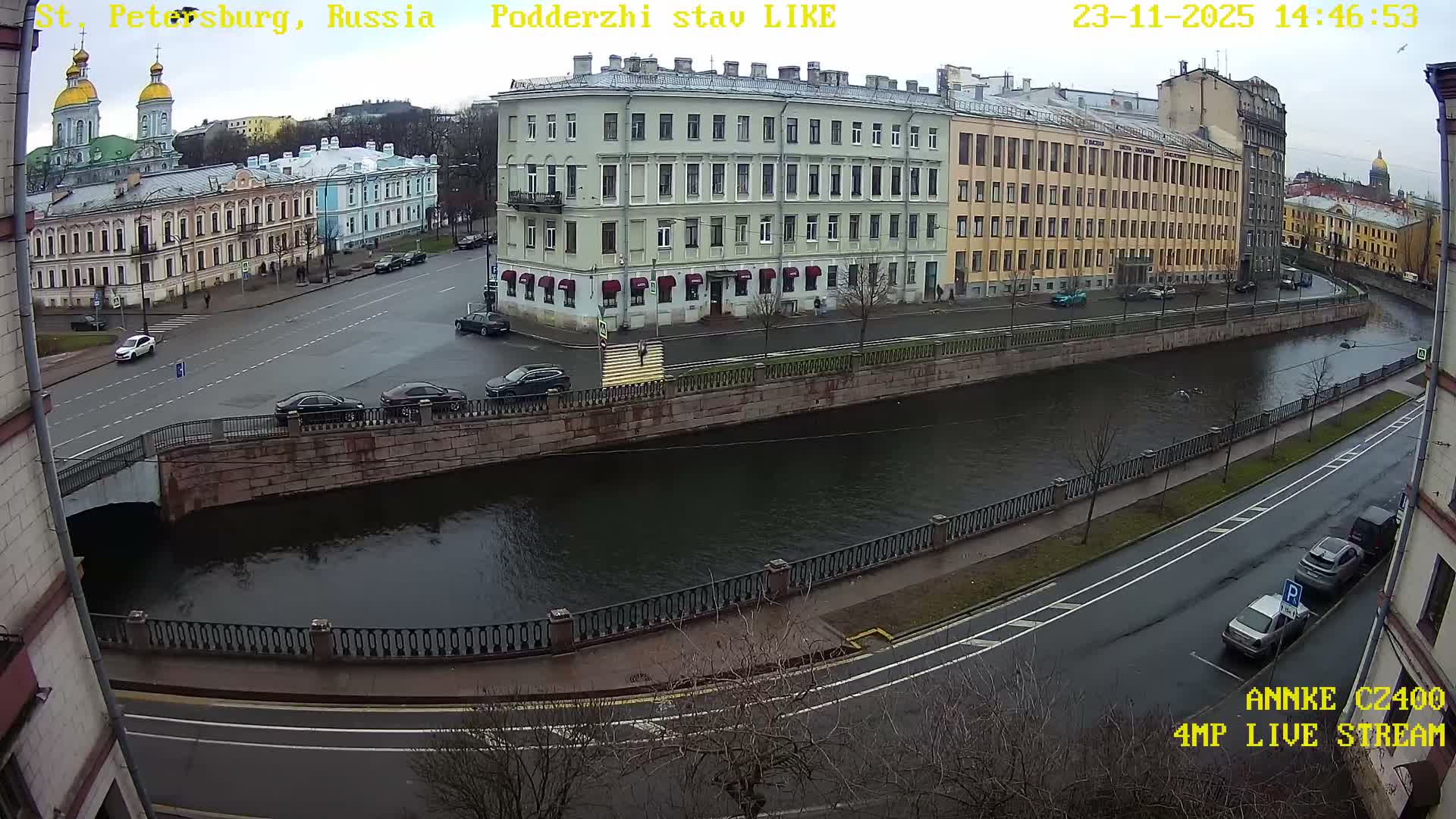Europe's Visa Crackdown: Russian Exiles Feel Targeted, Not Putin's Regime, Amid Ukraine War Sanctions
 Russia
Politics
Russia
Politics
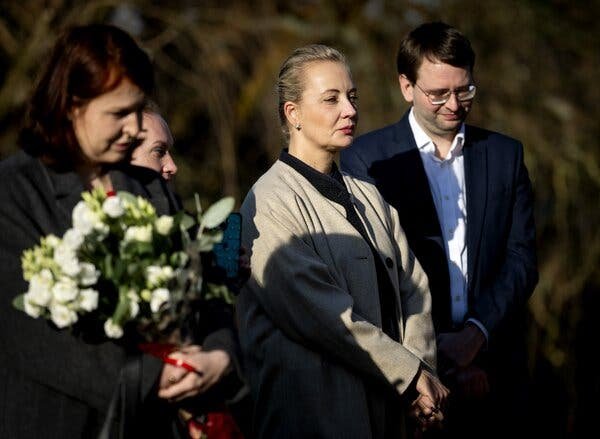
New European visa restrictions are seen by Russian exiles as harming their movement against Putin, rather than impacting the Kremlin directly, sparking debate.
Russian Exiles Decry Europe's Visa Rules as Counterproductive, Not Anti-Putin
As European nations implement stricter visa regulations for Russian citizens, a poignant and unexpected outcry has emerged from a demographic often considered allies in the democratic struggle: Russian exiles. These individuals, many of whom have fled their homeland due to political persecution or their outspoken opposition to President Vladimir Putin's regime, are voicing deep concerns that the new rules are inadvertently punishing them rather than achieving their stated goal of pressing the Kremlin.
The Dilemma of Displaced Dissidents
The tightening of Europe's borders for Russians is largely a response to the ongoing conflict in Ukraine, intended to signal strong disapproval of Moscow's actions and exert economic and social pressure. However, for Russian dissidents living in exile, these measures represent a significant blow. They argue that individuals already committed to opposing Putin, who have often sacrificed careers, homes, and family ties to escape his authoritarian rule, are now facing further isolation and bureaucratic hurdles within Europe.
Many exiles express a sense of betrayal. They sought refuge and a platform for their activism in Europe, believing it to be a bastion of freedom and a place where their anti-Kremlin voices could be amplified. Instead, they perceive the visa restrictions as a blanket policy that fails to differentiate between ordinary citizens, regime loyalists, and fervent dissidents. This indiscriminate approach, they contend, undermines their efforts to organize, communicate, and effectively challenge Putin from abroad.
Europe's Stance vs. Unintended Consequences
European governments typically justify the stricter visa policies on grounds of national security, public order, and a desire to demonstrate unwavering solidarity with Ukraine. The aim is to make it more difficult for Russian citizens to travel freely, thereby raising the cost of Putin's aggression and potentially stirring discontent within Russia itself.
Yet, critics, including the exiles themselves, argue that this strategy is misdirected when applied to opponents of the regime. By making it harder for these individuals to travel, secure residence, or even maintain basic necessities like banking services, Europe risks alienating a crucial demographic. Such measures could inadvertently stifle independent journalism, human rights advocacy, and opposition movements that operate from European soil, movements that are vital for projecting an alternative vision for Russia.
A Call for Nuance and Support
The sentiment among Russian exiles is clear: while they understand the need for strong action against the Kremlin, they believe the current visa rules are a blunt instrument that harms the wrong people. They advocate for more nuanced policies that would distinguish between regime supporters and those actively working for a democratic future for Russia. This includes facilitating travel and residency for proven dissidents, journalists, and human rights activists, enabling them to continue their crucial work without undue burden.
The debate highlights a complex challenge for European policymakers: how to effectively pressure an adversarial regime without inadvertently harming those who are its most outspoken critics and potential agents of change. For many Russian exiles, the current visa regime feels less like a blow against Putin and more like an additional hardship imposed upon them, hindering their fight for a free Russia.

